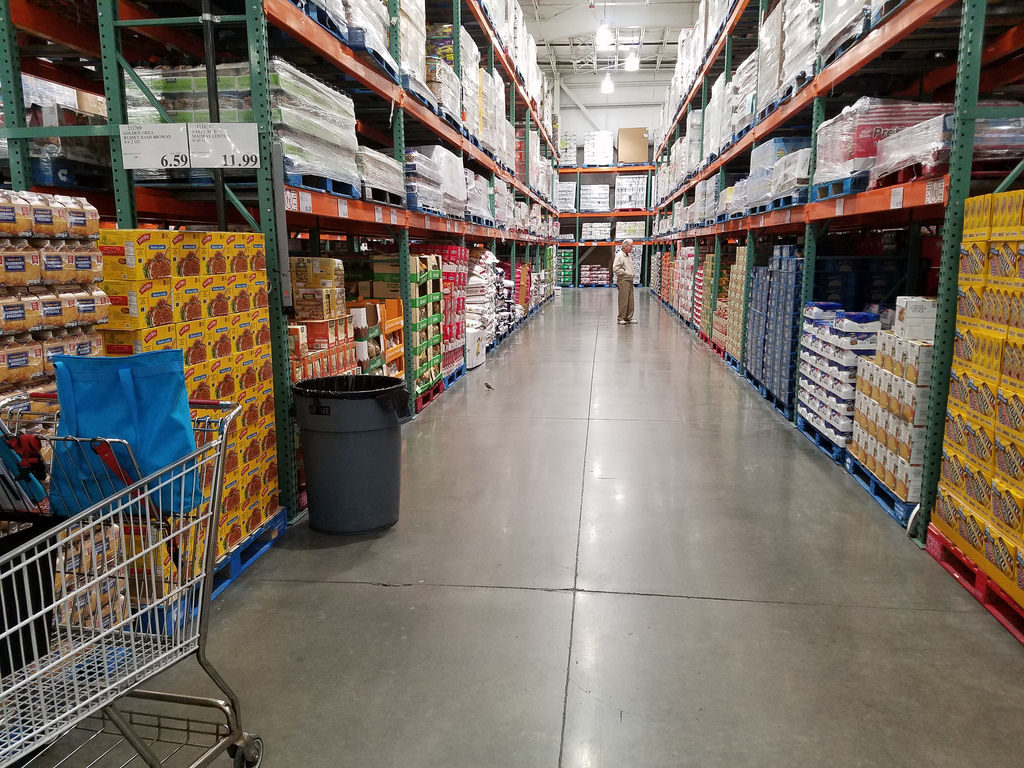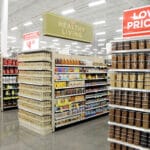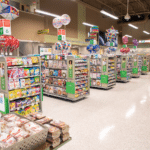
Deal-seekers who aren’t interested in clipping coupons or searching through sales circulars often claim they can do just fine by shopping at club stores like Costco or Sam’s Club instead. They can save plenty of money by buying in bulk, they reason, without having to do any extra legwork.
They may be right, in some sense. But a new study suggests they may also be fooling themselves.
“The Club Store Effect: Impact of Shopping in Warehouse Club Stores on Consumers’ Packaged Food Purchases,” written and researched by marketing professors Kusum Ailawadi, Yu Ma and Dhruv Grewal, is due to be published in an upcoming edition of the Journal of Marketing Research. In it, the researchers say club store shoppers may end up spending more, buying more and eating more than they would if they did more of their shopping somewhere else.
“The club store format’s low prices, large package sizes, membership fees, and low store density together result in a significant, substantial, and robust increase in the total quantity of packaged food purchased,” the study finds. “The quantity increase translates into a significant, substantial, and robust increase in calories, sugar, and saturated fat purchased by these households.”
The study analyzed 12,765 households’ purchases over a four-year period. It found that regular club store shoppers spent 5% more on packaged foods, increased their calorie consumption by 8% and spent 15% more time shopping.
And that’s after shelling out $45 to $60 and up for an annual membership.
So why all the extra spending, if shopping at club stores is supposed to save you money?
The money savings aren’t illusory – on average, the study finds that club store prices are 22.5% lower than other stores’ regular prices. But those savings are “often spent on impulse purchases”, the study finds, which can cause you to shell out more than you had planned.
In addition, club stores’ membership fees prompt many shoppers to “shop there frequently, wanting to get the most out of their investment”. More visits result in more purchases. Add in the fact that club stores are often located farther from home than your regular grocery store. The longer travel distance can cause shoppers to “increase purchases to make the trip worthwhile”.
Club store shoppers also don’t necessarily stop shopping at other stores, either. You would think they wouldn’t need to, but not only do they still make fill-in trips to grocery stores, they make just as many as non-club store shoppers. “Essentially, households buy more quantity in the club store format and do not offset that with proportionally fewer purchases in other formats,” the study finds. “Club store shopping is not associated with a reduction in total shopping trips.”
And what happens when you lug all of those bulk-food purchases home? You may go through it all faster than you had planned. “If households stockpile their extra purchases and consume it at a normal rate, club store shopping will simply substitute for purchases in other formats,” the researchers write. But “greater inventory is known to increase consumption, especially of large package sizes that are easy and convenient to consume.”
On average, club store shoppers end up consuming some 3,000 calories more per month than non-club store shoppers. That can add up to a weight gain of 10 pounds a year.
So we, as shoppers, need to learn to control ourselves. But the researchers say the stores themselves also bear some responsibility when it comes to changing shoppers’ behavior. “Marketers must balance their goal of profitably making food affordable and convenient for consumers against public health concerns,” they argue.
They suggest that healthier bulk food packages can be made even larger, and less healthy packages of food can be “shrunk a little”. They also say products at club stores can be packaged “as bundles of different items instead of only large quantities of one item”.
As shoppers load up their carts with boxed foods, they may sometimes forget that club stores also sell fresh produce. But giant packages of produce can encourage waste and discourage purchases, if shoppers think they’ll never be able to use it all before it spoils. So the researchers suggest that “bundling regular-sized packages of different produce items may be more desirable and feasible”.
If you’re a devoted coupon-clipper, none of this may be a problem for you. You may save much more money at the grocery store, using coupons and shopping the sales, than you would by stocking up at a club store. But if you’re a club store devotee, keep your impulses in check – otherwise, your stock-up trips could end up costing you a lot more than you bargained for.










